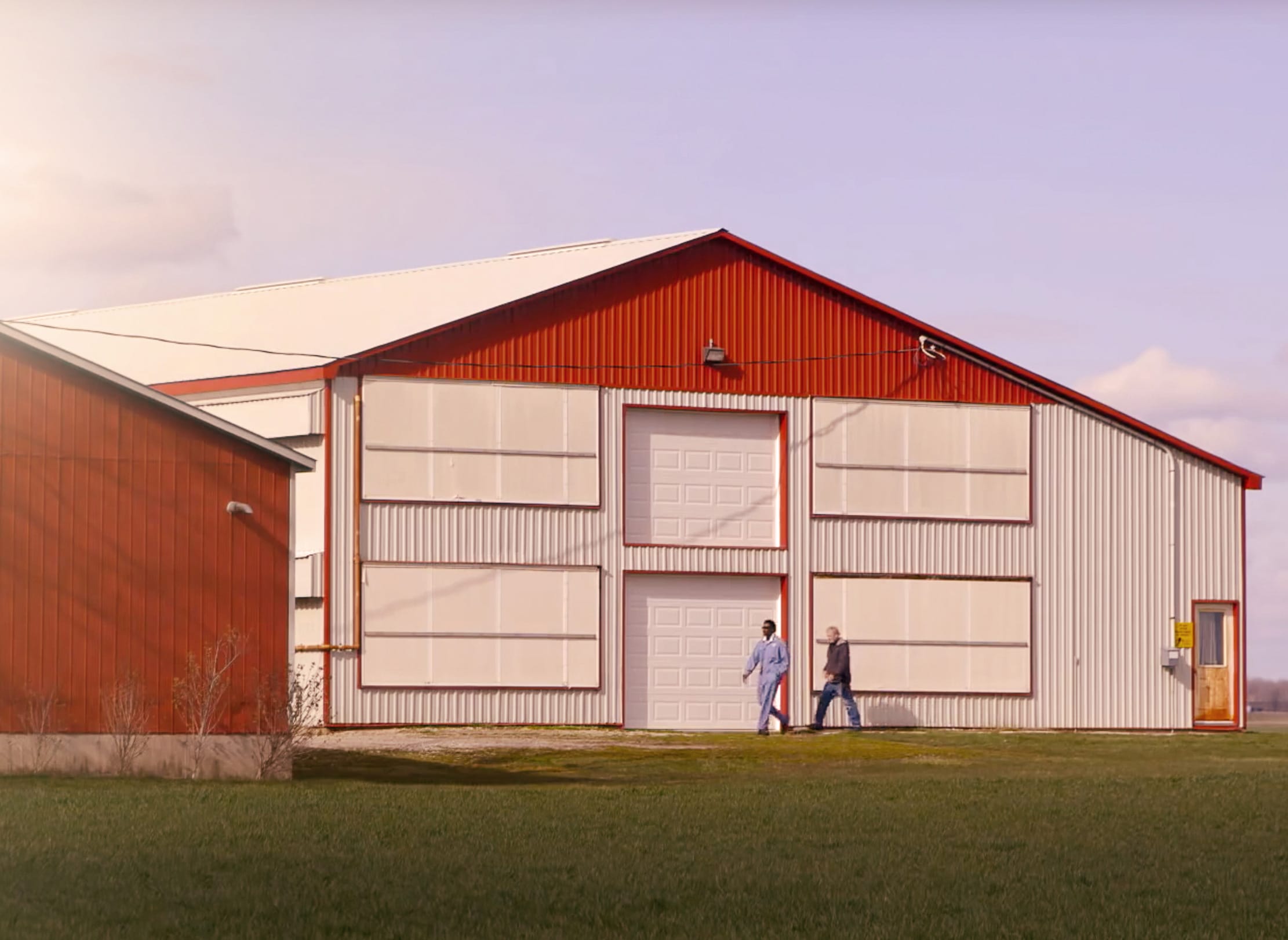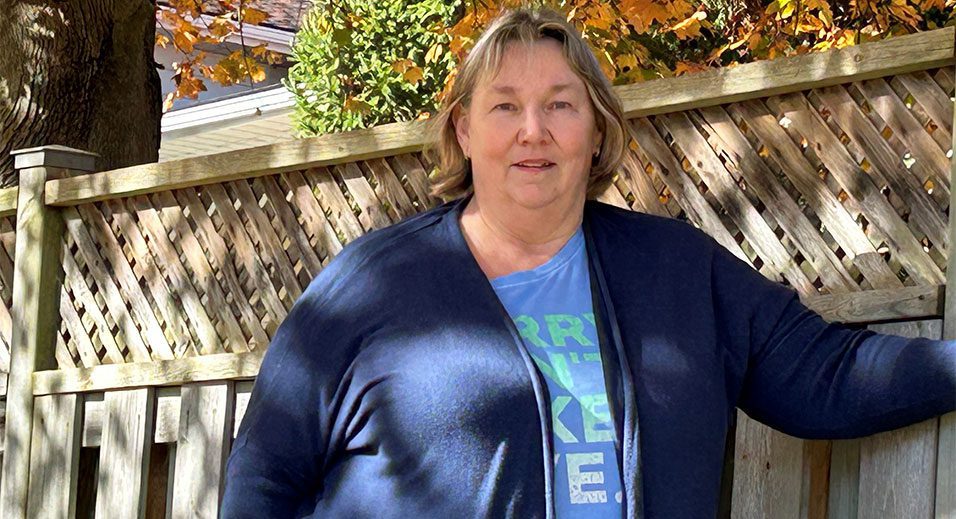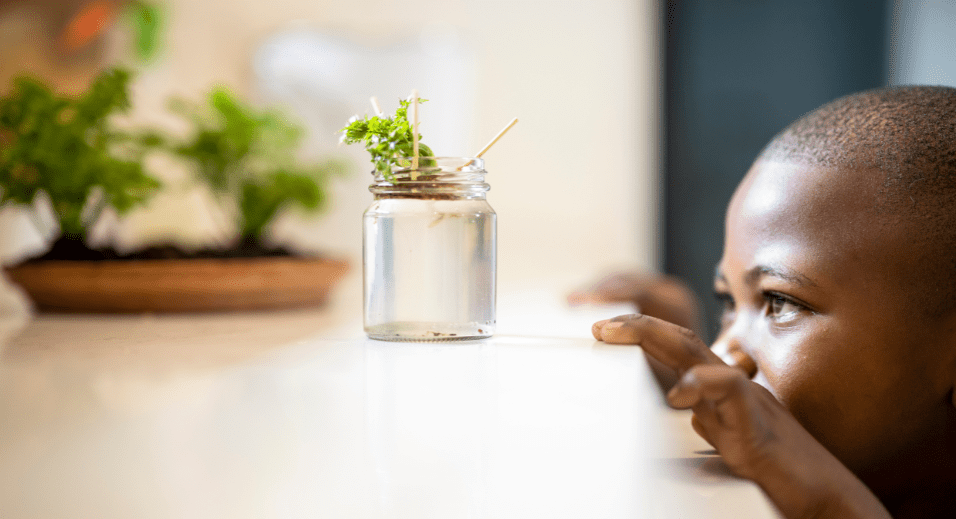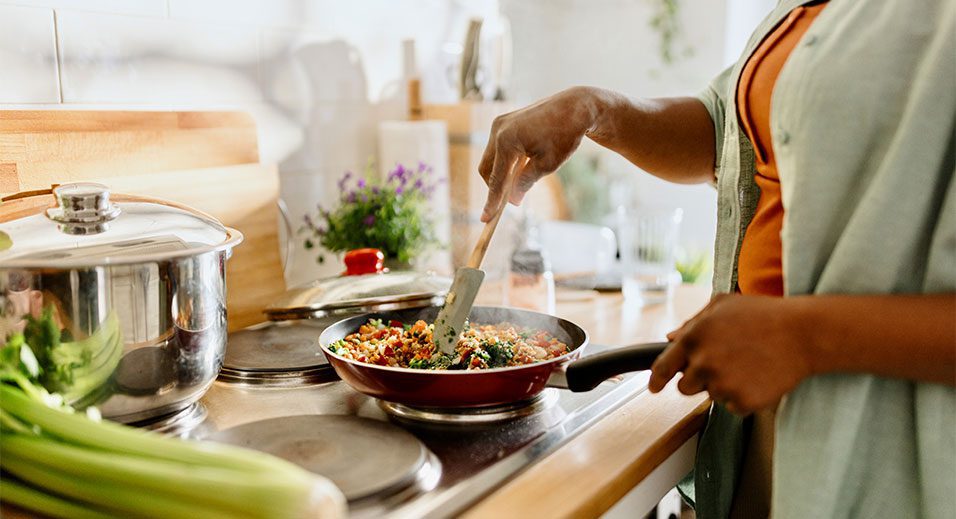We recognize that the world faces many problems including the rise in chronic diseases, animal care issues, food insecurity and climate change.
The food industry plays a role in many of these issues, and we embrace the opportunity to make a meaningful difference. The past year was important to our sustainability journey at Maple Leaf Foods as we continued to advance our strategies and commitments in our sustainability pillars of Better Food, Better Care, Better Communities and Better Planet.
Better Food
We believe we have an important responsibility to seek to resolve the most pressing diet-related health issues we face as a society, including reducing artificial ingredients, antibiotics use and sodium levels.
In 2017, we continued to reduce sodium levels in our prepared meat products. In fact, 72 per cent of the new protein products launched met the voluntary Health Canada sodium guidelines.
As part of our commitment to Better Food, we have also completed exhaustive consumer research that led to an unprecedented initiative to renovate our prepared meats portfolio across three of our flagship brands: Maple Leaf, Schneiders and Swift.
We launched the most sweeping changes in our Maple Leaf brand’s history where we removed ingredients consumers don’t know or don’t want, and replaced them with real, simple or natural ingredients that are easy to pronounce.
Better Care
Maple Leaf Foods has strong values that define our culture and these values have a direct relationship on how we treat the animals we raise or source. We are always working to further improve our animal care practices. For example, in 2017 we continued to execute our strategy of converting all of our sows to an enhanced open housing system where the animals have the freedom to roam, feed and socialize.
At the end of 2017, we transitioned approximately 33,000 sows to the new system. We have also developed an accelerated plan that will result in all sows being moved to our enhanced open housing system by the end of 2021.
Better Communities
We value our communities and work collaboratively with organizations to reduce food insecurity in Canada through the Maple Leaf Centre for Action on Food Security. We also have a culture and work environment that keeps people safe, rewards excellence, and empowers our people to learn and contribute their best.
We are dedicated to being a leader in our industry in workplace safety practices. We strive for zero occupational injuries in the workplace. In 2017, we achieved a Total Recordable Incident Rate (TRIR) of 0.845, which is best in class for our industry.
We have also dedicated significant time, resources and focus on the personal growth of our talent. We enhanced and streamlined our leadership development programs. As part of our commitment to diversity and inclusion, we launched a mentoring program for women that resulted in close to 50 mentor–mentee relationships and hosted our first Women in Leadership program in partnership with the Richard Ivey School of Business.
Better Planet
At Maple Leaf Foods, we embrace a sustainable culture that focuses on eliminating waste in any resources we consume, including food, energy, water, packaging.
We have made a bold commitment to reduce our environmental footprint by 50 per cent by 2025 and we have shown strong progress towards meeting this goal. Since 2015, we have reduced our environmental footprint intensity by 19 per cent of total energy, 16 per cent of water, and 18 per cent of CO2e emissions. We have already surpassed our 2020 interim environmental reduction goal for indirect energy (electricity) by more than 20 per cent.
“We have set a high bar for ourselves to be the most sustainable protein company on earth,” said Michael McCain, our president and CEO. “It is through our guiding pillars – Better Food, Better Care, Better Communities, Better Planet – that we are building this sustainable enterprise.” Becoming a sustainable protein company is a quest that Maple Leaf Foods has been on for several years, and while a lot has been accomplished in 2017, there is much work to be done.
Read the 2017 Sustainability Report and learn more about our strategies and progress.



